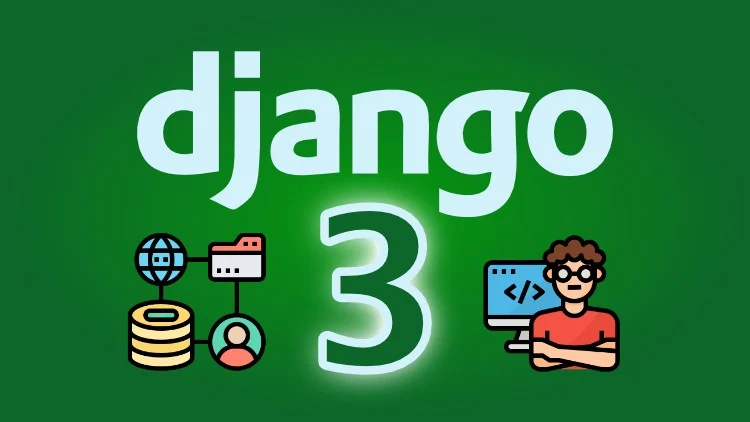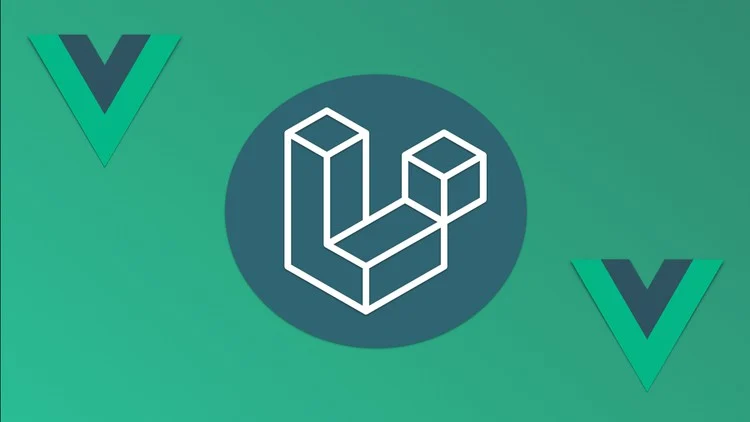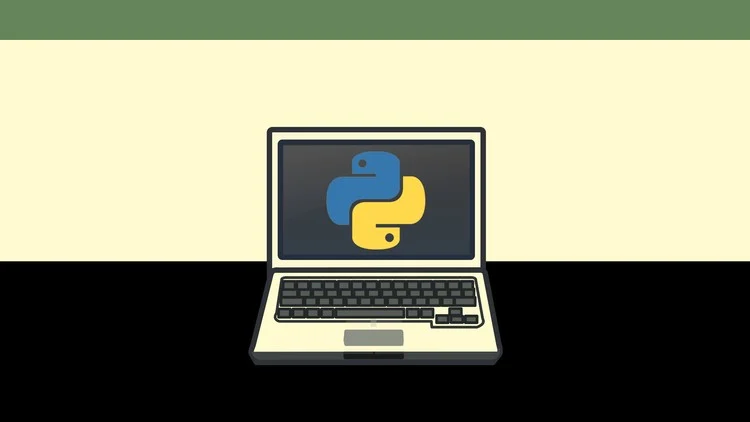Description
Learn how to protect systems and networks by understanding the mindset and methods of ethical hackers. This course introduces you to ethical hacking concepts, including penetration testing, vulnerability assessment, and network security. You’ll learn how to use tools like Metasploit, Nmap, and Wireshark to identify and address security vulnerabilities. The course emphasizes the importance of ethical considerations and legal compliance in cybersecurity. Through practical exercises and simulations, you’ll gain hands-on experience in ethical hacking techniques. By the end, you’ll be equipped with the skills to detect and mitigate cyber threats, making this course ideal for beginners interested in a career in cybersecurity.
Syllabus
Course Syllabus:
Module 1: Introduction to Ethical Hacking
- Lesson 1: What is Ethical Hacking?
- Definitions and differences between ethical hacking, black-hat hacking, and gray-hat hacking.
- Role of ethical hackers in cybersecurity.
- Lesson 2: The Ethical Hacker’s Mindset
- Understanding the mindset and approach of an ethical hacker.
- The importance of maintaining a strong ethical code.
- Lesson 3: Legal and Ethical Implications
- Overview of laws governing ethical hacking (CFAA, GDPR, etc.).
- Ethical considerations in hacking activities and penetration testing.
Module 2: Basic Cybersecurity Concepts
- Lesson 4: Key Cybersecurity Concepts
- Overview of essential cybersecurity concepts: confidentiality, integrity, and availability (CIA triad).
- Types of attacks: DoS, phishing, man-in-the-middle, etc.
- Lesson 5: Cybersecurity Tools and Terminology
- Introduction to common cybersecurity tools: firewalls, antivirus software, VPNs, encryption, etc.
- Understanding common cybersecurity terminology.
Module 3: Setting Up Your Hacking Lab
- Lesson 6: Setting Up a Virtual Lab Environment
- Step-by-step guide to setting up a virtual machine environment for ethical hacking practice.
- Installing Kali Linux and other tools commonly used by ethical hackers.
- Lesson 7: Introduction to Kali Linux
- Overview of Kali Linux as an ethical hacking platform.
- Familiarizing yourself with the Kali Linux terminal and tools.
- Lesson 8: Using Virtual Machines for Safe Practice
- Setting up and managing virtual machines (VMware, VirtualBox).
- Understanding the importance of a controlled environment for ethical hacking.
Module 4: Reconnaissance and Information Gathering
- Lesson 9: What is Reconnaissance?
- Overview of the information-gathering phase of hacking.
- The difference between active and passive reconnaissance.
- Lesson 10: Open-Source Intelligence (OSINT)
- Techniques and tools for gathering information from publicly available sources.
- Tools like WHOIS, Shodan, and Google dorking.
- Lesson 11: Tools for Reconnaissance
- Introduction to reconnaissance tools: Nmap, Netcat, and DNS interrogation.
- How to identify targets and gather key information.
Module 5: Scanning and Vulnerability Assessment
- Lesson 12: Understanding Network Scanning
- Overview of port scanning, network mapping, and vulnerability scanning.
- Tools for scanning: Nmap, Nessus, and OpenVAS.
- Lesson 13: Vulnerability Assessment Techniques
- How to identify open ports and services running on a system.
- Understanding the Common Vulnerabilities and Exposures (CVE) system.
- Lesson 14: Hands-On Scanning Exercise
- Performing basic network scans using Nmap.
- Scanning a network and identifying live hosts, services, and vulnerabilities.
Module 6: Gaining Access through Exploits
- Lesson 15: Exploiting Vulnerabilities
- Overview of common vulnerabilities: SQL injection, XSS, buffer overflow, etc.
- Introduction to Metasploit for exploitation.
- Lesson 16: SQL Injection and Web Application Security
- Understanding SQL injection attacks and how to prevent them.
- Hands-on practice with SQLi attacks using vulnerable applications.
- Lesson 17: Buffer Overflow Attacks
- What is a buffer overflow and how does it affect systems?
- How ethical hackers can exploit and defend against buffer overflow attacks.
Module 7: Post-Exploitation and Maintaining Access
- Lesson 18: Post-Exploitation Concepts
- Understanding post-exploitation techniques: privilege escalation, maintaining access, and pivoting.
- The importance of persistence and evading detection.
- Lesson 19: Privilege Escalation
- Techniques for escalating privileges on Windows and Linux systems.
- Understanding local and remote privilege escalation.
- Lesson 20: Maintaining Access and Data Exfiltration
- How hackers maintain access to systems and move laterally through networks.
- Understanding data exfiltration methods and their detection.
Module 8: Reporting and Remediation
- Lesson 21: Ethical Hacking Reporting
- How to document and report your findings in an ethical hacking engagement.
- Writing professional vulnerability reports and providing remediation suggestions.
- Lesson 22: Remediation and Hardening Systems
- Best practices for securing systems and networks after a vulnerability assessment.
- Understanding patch management, firewalls, and other security measures.
Module 9: Ethical Hacking Tools and Techniques
- Lesson 23: Advanced Ethical Hacking Tools
- Exploring advanced ethical hacking tools: Metasploit, Burp Suite, Wireshark, and others.
- How to use these tools for penetration testing and network analysis.
- Lesson 24: Real-World Hacking Scenarios
- Case studies of real-world hacking attacks and how ethical hackers responded.
- How to simulate and defend against these attacks in a lab environment.
Module 10: Certification and Career Path in Ethical Hacking
- Lesson 25: Ethical Hacking Certifications
- Overview of certifications such as CEH (Certified Ethical Hacker), OSCP (Offensive Security Certified Professional), and CompTIA Security+.
- How these certifications can help advance your career in ethical hacking.
- Lesson 26: Ethical Hacking Career Opportunities
- Exploring career paths: penetration tester, security analyst, and more.
- How to build a successful career in cybersecurity and ethical hacking.






Sulaimon –
“Ethical Hacking for Beginners is an exceptional online course that effectively equips aspiring cybersecurity professionals with foundational knowledge and skills. The comprehensive curriculum covers a wide range of concepts, from basic hacking techniques to ethical considerations. The instructors are highly knowledgeable and approachable, providing clear explanations and real-world examples. The hands-on exercises and practical assessments reinforce the theoretical concepts, ensuring a deep understanding. This course has not only enhanced my technical expertise but has also provided invaluable insights into the ethical responsibilities of a cybersecurity professional.”
Yunusa –
“Ethical Hacking for Beginners is an exceptional online course that exceeded my expectations. The instructors strike the perfect balance between theory and practical application, empowering me with the knowledge and skills to navigate the world of ethical hacking. The course is well-structured and engaging, with interactive modules that kept me actively involved. I highly recommend this course to anyone looking to gain a solid foundation in ethical hacking and secure their online presence.”
Hanatu –
“This Ethical Hacking for Beginners course is an excellent resource for anyone looking to enter the field of ethical hacking. The instructor’s expertise and clear explanations made complex concepts easy to understand. The hands-on exercises were especially valuable, providing me with practical experience that I can apply in real-world situations. By the end of the course, I felt confident in my ability to identify vulnerabilities and protect systems from potential threats. I highly recommend this course to anyone interested in pursuing a career in ethical hacking.”
Tabitha –
“This online course is an invaluable resource for anyone interested in ethical hacking. The instructors expertly guide beginners through the fundamentals of the field, covering essential concepts and techniques. I particularly appreciated the hands-on exercises, which allowed me to put my newfound knowledge to practice. The course’s comprehensive approach and clear explanations enabled me to gain a solid understanding of ethical hacking principles. I highly recommend it to anyone seeking an accessible and engaging introduction to this fascinating topic.”
Laraba –
“I was initially skeptical about online courses, but Ethical Hacking for Beginners exceeded my expectations. The instructor expertly guided me through complex concepts, making them accessible and engaging. The hands-on exercises were invaluable, providing me with a practical understanding. The course empowered me with the tools and knowledge necessary to navigate the ethical hacking landscape responsibly. I highly recommend this course to anyone seeking a solid foundation in ethical hacking.”